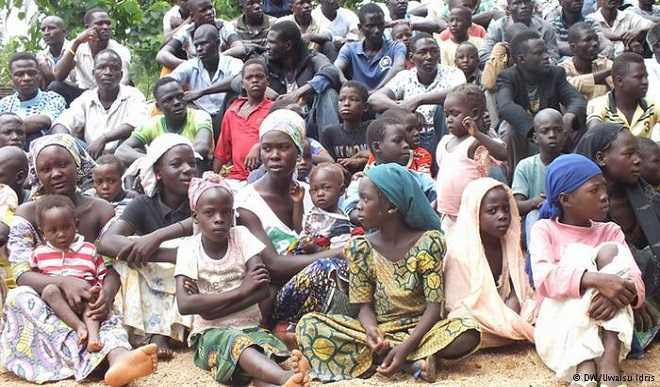
The European Commission has announced a support package of €143 million today for the early recovery and reconstruction needs in Borno State in Nigeria which is suffering from a worsening humanitarian crisis.
Nigeria is one of four countries across the globe experiencing or at risk of famine this year, along with Somalia, South Sudan and Yemen. The package combines short term EU humanitarian aid with long term development support to help those in the affected area, which has been devastated by the terror campaign of Boko Haram. This reflects the Commission’s strategic approach to resilience, which was presented a week ago.
Commissioner for International Cooperation and Development, Neven Mimica, made the following announcement today: "Our support package of €143 million will assist approximately 1.3 million internally displaced people and affected communities in and around the Borno State in Nigeria. Our assistance will not only target the immediate needs of the people but, it will also help to restore basic services, stimulate employment and create livelihood opportunities, particularly for women and young people".
Commissioner for Humanitarian Aid and Crisis Management, Christos Stylianides added: "The European Union is committed to get lifesaving aid to those in need in Nigeria. Emergency aid can help them but to do so aid organisations need safe and full access to do their job. We also need to think about the long term affects and how to help communities recover. I have visited the country several times and seen the suffering caused by the victims of terrorism but also the strength and determination of the local people to rebuild their lives. It is this desire to rebuild a better future that the EU will support."
This brings total EU support for the crisis in Nigeria’s Borno state to €224.5 million for 2017, following earlier announcements of €81.5 million in humanitarian aid.
In line with its strategic approach to resilience, the European Commission is providing a comprehensive package of humanitarian and development measures for the crisis in Nigeria. EU support will provide immediate humanitarian assistance for the most vulnerable populations affected by the ongoing emergency situation, as well as for early recovery and restoration of basic services, such as health, nutrition, education, water access, sanitation and hygiene, solar power, in areas of return or resettlement.

 Join Daily Trust WhatsApp Community For Quick Access To News and Happenings Around You.
Join Daily Trust WhatsApp Community For Quick Access To News and Happenings Around You.


